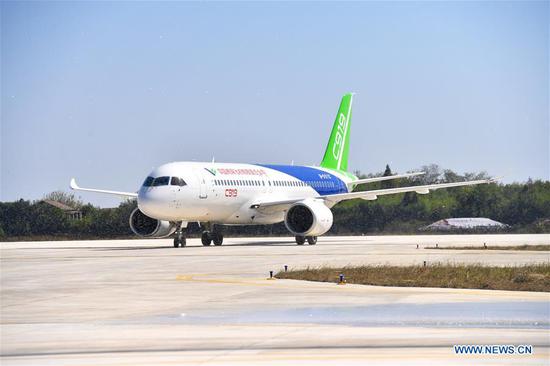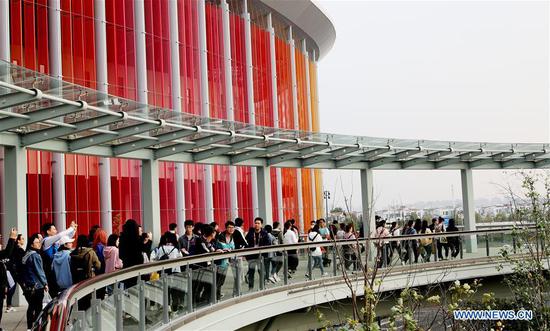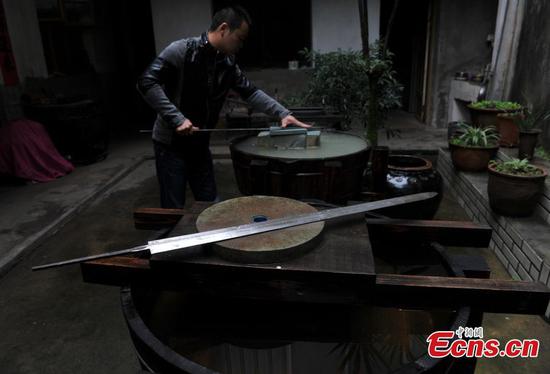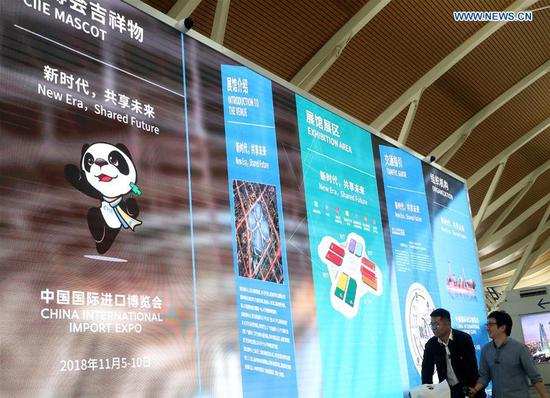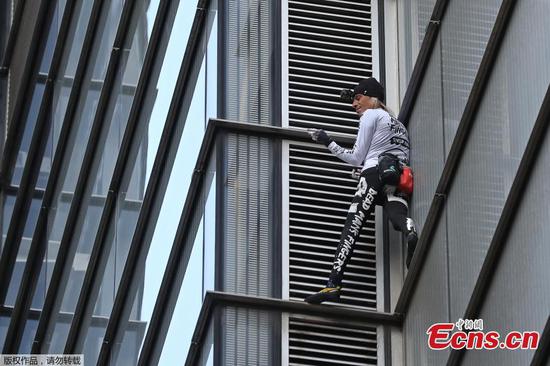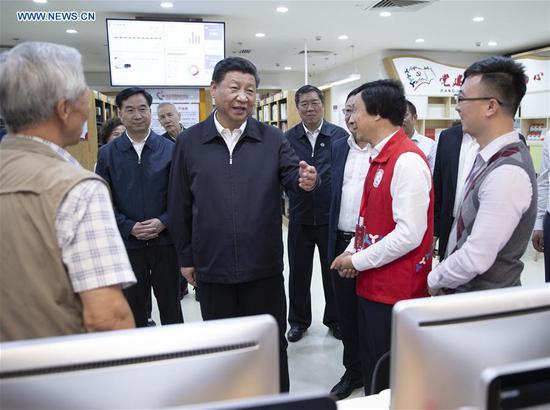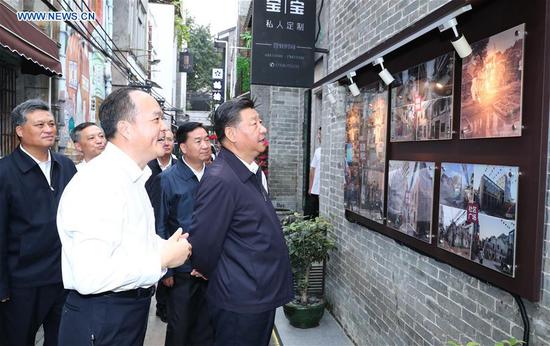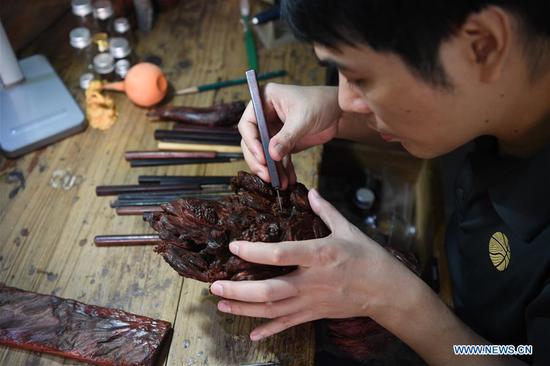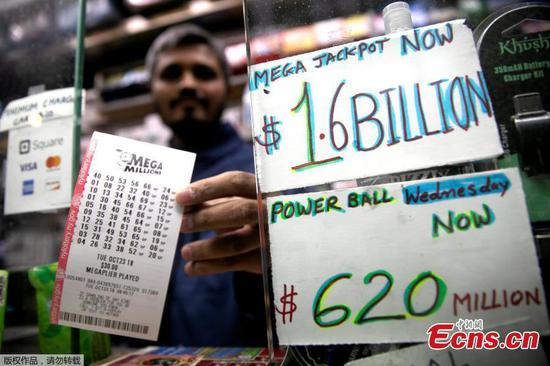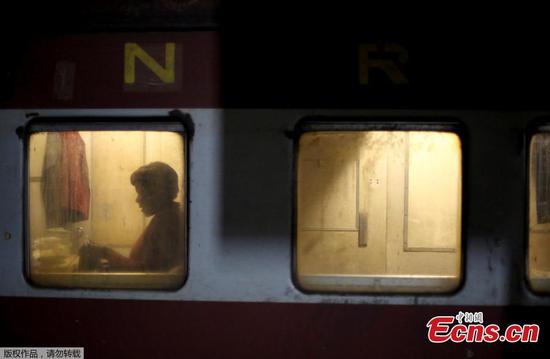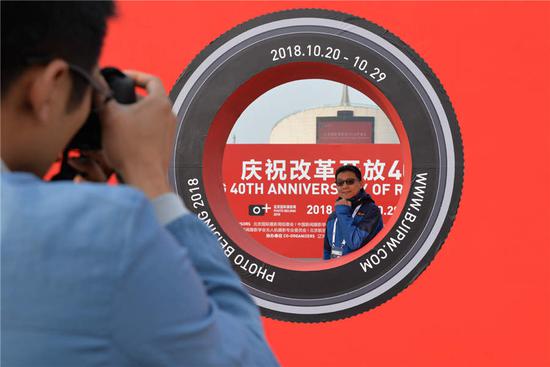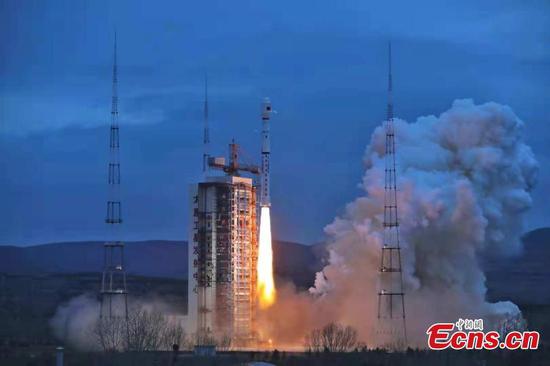Two of the world's largest smart phone makers, Apple and Samsung, were fined a total of 15 million euros (17.1 million U.S. dollars) this week in part for taking what are seen as illegal steps to force customers to buy new replacement phones sooner than they would have.
The fines from the country's antitrust regulator are officially for the companies' frequent use of firmware updates that "have caused serious malfunctions and significantly reduced performance, thereby accelerating the process of replacing them."
Combined, Apple and Samsung account for more than half of the Italian smartphone market, and around a third of the worldwide market for the devices.
According to Rocco Panetta, managing partner of the Panetta & Associati law firm specializing in competition issues, it is significant that the rulings each carried the maximum fine the antitrust watchdog could issue -- 5 million euros (5.7 million U.S. dollars). U.S.-based Apple was found guilty of two separate violations, while Samsung, from South Korea, was guilty of one.
"This was not a half-measure from the antitrust authority," Panetta told Xinhua. "They were sending a message."
Vincenzo Zeno-Zencovich, a professor of information technology and communications law at Roma Tre University, said the rulings could spark similar rulings and fines in other European countries.
"None of the other authorities want to say 'We are less active than the authority in Italy'," Zeno-Zencovich said in an interview. "The compliance costs will add up."
The fines are reportedly the first ever for what is termed "planned obsolescence" of the high-tech phones.
Still, it could be years before either company is forced to pay anything. Panetta noted that the companies each have 60 days to appeal the antitrust ruling, and the appeal process could take as long as a year to complete. Even if the regional court upholds the ruling, the companies could appeal one time after that.
Apple has not formally commented on the ruling. In a statement, Samsung denied wrongdoing and said the company would cooperate with Italian authorities.
"The companies are expected to fight these charges aggressively," Panetta said. "In part that is on principle, and in part because if the ruling is upheld here (in Italy) it could make it to the European Union, and they can levy much bigger fines."
In addition to the potential fines, the companies could be forced to change the way they operate, calling for more transparency on the impacts of software updates and making such updates easier to opt out of.
With this move, Italian regulators reinforce their presence on the vanguard of policing the activities of big, multi-national technology companies, whether it is on unfair competition, tax policies, privacy issues, or consumer advocacy.
Apple and Samsung were the two largest smartphone makers in the world every quarter between mid-2011 and mid-2018, according to analytic firm Statistica. But this year, China's Huawei surpassed Apple for the second spot in terms of the number of units sold.









